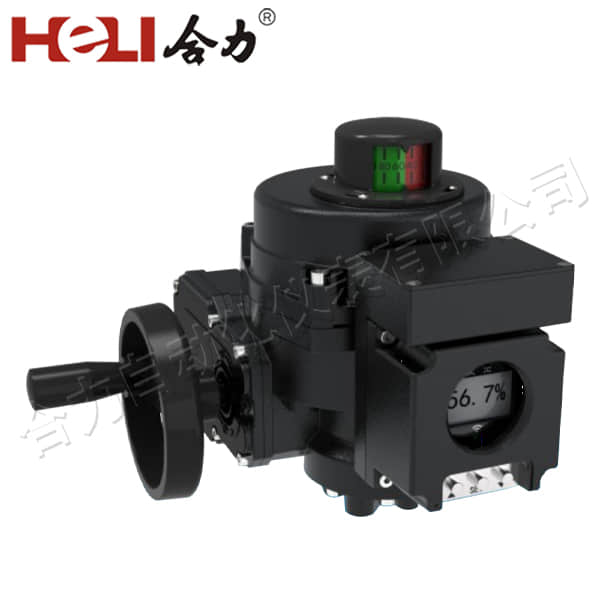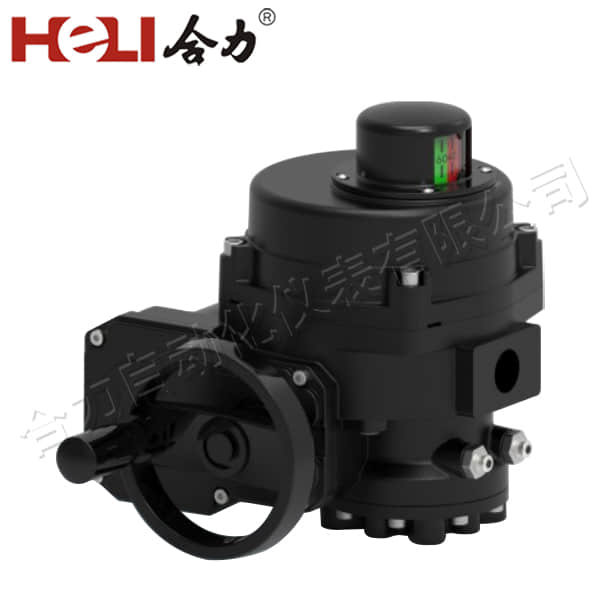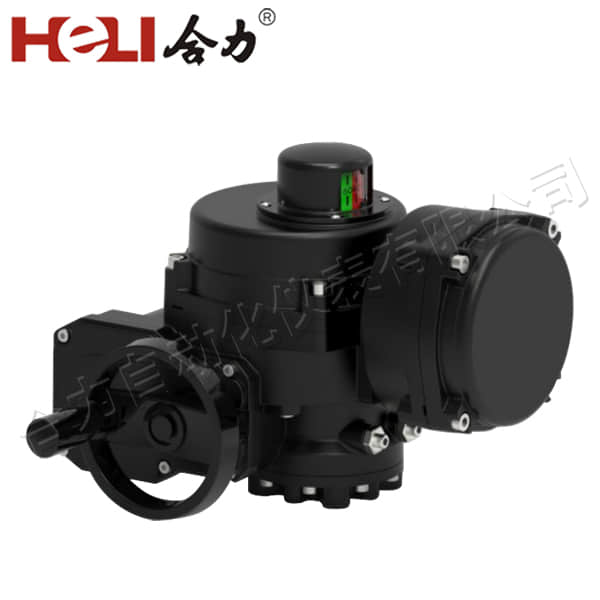Electric actuators for valves have become an essential component in modern industrial control systems. These devices provide reliable, precise, and automated control of valve operations, which are crucial for regulating the flow of liquids, gases, or other substances in a variety of industries such as oil and gas, water treatment, chemical processing, and power generation. The adoption of electric actuators offers numerous benefits, ranging from improved efficiency to reduced maintenance costs, making them a preferred choice over traditional pneumatic or hydraulic actuators. This article explores the advantages, applications, and considerations associated with electric actuators for valves.

What is an Electric Actuator for Valves?

An electric actuator is a device that uses electrical energy to drive a mechanical movement, typically converting rotary motion to control the opening and closing of a valve. This type of actuator consists of an electric motor, a gearbox, and a valve linkage that are controlled by an electronic control system. Electric actuators are designed to provide precise, adjustable motion and can be integrated into automated control systems, allowing for remote and continuous monitoring. Unlike pneumatic or hydraulic actuators, which require air or fluid pressure to function, electric actuators rely on electricity to power the motor, providing a cleaner, more energy-efficient solution. This simplicity of operation, along with the flexibility in control, makes electric actuators highly desirable in modern industrial settings.
